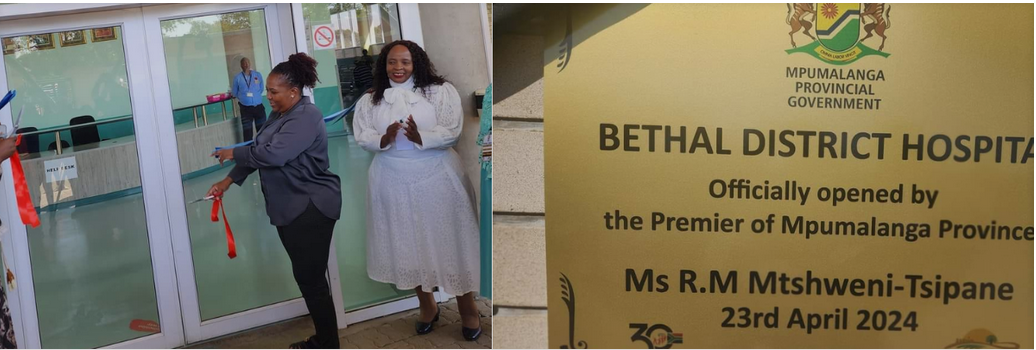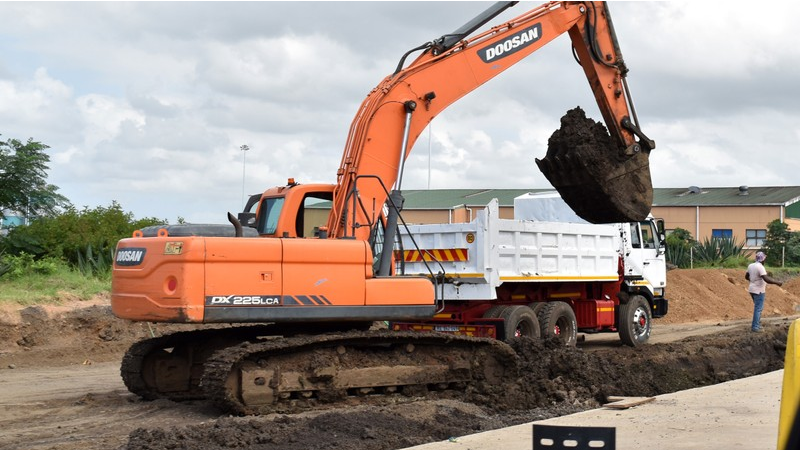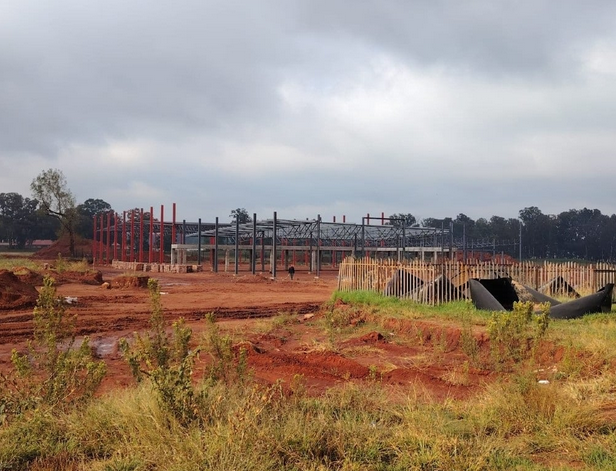Workers on infrastructure projects need financial education – Expert

31-01-2019
Read : 256 times
Infrastructure News
Source
While large infrastructure development projects bring much needed jobs and income to local communities’ workers incur more debt than they can service because of little or no financial smarts, and sadly the resulting bad credit listing impacts their future opportunities.
This is the view of Waldo Adams, Executive Director at Projects at Economic Development Solutions. Adams believes that this can easily be rectified by offering workers on new energy and infrastructure projects financial awareness training allowing them to use their earnings to create a better life instead.
“Infrastructure development is being placed at the heart of the government’s plan to boost the economy but if people who gain employment want to truly benefit, they need to wise up about money, debt and the legal system,” Adams explains.
“Everyone in this value chain, from the government, which sets policies around lending, to contractors providing employment and the retailers (clothing, furniture, cell phones) that grant credit irresponsibly, should rethink their policies to help people in South Africa achieve better outcomes,” he continues.
Everyone is responsible
Indebtedness is a growing problem in South Africa and Adams notes that the companies providing credit are complicit if they grant credit without proper checks on periods of employment.
“This is a critical point as infrastructure development projects may employ a number of people, but only a few months at a time in many instances,” he says.
Adams points to the recent sign-off on the construction of 27 renewable energy Independent Power Producer (IPP) projects worth R56 billion as an example.
“These projects will go into construction in some of the poorest rural areas, employing up to 400 people at the height of construction phases. However, most people will only be employed on a contractual basis for a single phase of the construction, which may be as short as three or four months.
“The longest anyone is likely to be employed is 18 months to 2.5 years, yet we find that many will sign hire-purchase agreements for periods of up to five years.”
To address this Adams suggests that people in these communities only need to understand a few simple money concepts.
Understanding money
Adams notes that economic circumstances often influence how people relate to money. If the person has only ever received a social grant, which is primarily spend on basic commodities like food, it’s hard to understand how to budget, save and invest.
Some of the key concepts new employees should understand and try to take into consideration include:
The value of money
How to create a budget
Need versus “nice to have”
Invest in your future
“Understanding money is important. It will help people keep their money safe and use it wisely to support their needs and secure their future. For infrastructure companies, investing in growing the financial awareness of their employees can make a huge difference. It’s easy to do,” he concludes.
Recent News
Here are recent news articles from the Building and Construction Industry.
Have you signed up for your free copy yet?









